Anne Mok


“For eight years I continually advocated for myself and went to my optometrist and kept repeating the same sentence, “I can’t see what I know I’m supposed to see”. At each visit the optometrist couldn’t find the problem.”
My name is Anne Mok, and I’m thrilled to connect with this vibrant community from just outside of Vancouver, BC, Canada. As a passionate advocate, TEDx speaker, and author, I am dedicated to reshaping the narrative around living a purposeful life despite vision loss.
Active on social media, I leverage my influence to bring education and awareness about the blind community. By cultivating an inclusive space that ensures accessibility, I also champion small businesses, empowering individuals to contribute to a more inclusive society.
My biggest challenge with my vision loss journey has been confronting and overcoming the social stigmas associated with vision loss. I have encountered misconceptions and biases that question my abilities and potential. Each interaction pushes me to not only advocate for myself but also shine a light on the capabilities of the visually impaired community. It is why I am on a mission to create a world where no audience member is left behind.
It is also in the moment when I embraced my vision loss is when I began to become who I was meant to be and this incredible path opened up to me. Opportunities that I would have never dreamed of.
Growing up, I had always struggled with my vision and had a sense that “something wasn’t quite right”. School was a challenge, sports were a disaster, and my shyness kept me from speaking out. It wasn’t just that I was clumsy or introverted—I simply couldn’t see the world as others did.
As I got older I started to experience more and more difficulty with my vision. I could no longer see the street signs in front of me or the license plate of the car right in front of me. I was struggling with the change in lighting conditions especially at dusk. I wasn’t seeing a pedestrian in my peripheral vision who was crossing the crosswalk. I became very anxious and knew that something was wrong. I decided on my own to give up driving because I didn’t want to cause an accident and especially injure someone.
For eight years I continually advocated for myself and went to my optometrist and kept repeating the same sentence, “I can’t see what I know I’m supposed to see”. At each visit the optometrist couldn’t find the problem. The suggestion was to increase my eyeglass prescription but I was told it wasn’t really needed because there really was no change.
In year eight, I decided that perhaps if I got contact lenses maybe my vision might improve since the lenses would be “right up against my eyeballs”. In fact, my vision was even worse. I reported back to the optometrist and it’s at that time I was finally referred to a retinal specialist.
Sitting in the retinal specialist’s office and after her examining my eyes and listening to my symptoms, it was the first time that anyone had ever said to me, “I believe you”. These three words alone validated everything that I had been experiencing. Up until this time I had truly felt like I was beginning to have psychological problems.
Two more years of further testing led to a diagnosis of cone rod dystrophy.
Cone rod dystrophy is a rare inherited retinal disease that slowly erases the light-sensing cells of the retina. Cones, responsible for color and central vision, are fading first, followed by the rods which are responsible for night vision and peripheral vision.
Once I got the diagnosis I was sad but relieved because finally everything that I had been experiencing made sense. It’s like the puzzle pieces all fit into place. I felt like a weight was lifted off me. There was definitely a grieving process, a time where I didn’t want to use my white cane and feelings of isolation. But, once I began to reach out to find community, things changed dramatically.
By using the power of social media, I was able to connect with others with sight loss. We could empower and increase self confidence in each other. This community is so supportive of one another. I learn so much every day from this community.
Other ways that I coped with accepting my vision loss was being proactive. I enrolled with CNIB. I took orientation and mobility training, basic kitchen skills workshops and started the process for workplace accommodations. At home we were undergoing a much needed renovation and I began to study universal design and so I began to incorporate those principles in my home so that we could have a home that we could age in place and support my vision loss.
Everyone’s vision loss is unique and different but when we come together as a community and share our struggles and our stories it is empathy that bridges the gap and connects us all. We understand each other. I found it very helpful to seek support through the social media community and connecting with CNIB and their vision loss support groups. I learned what I could about accessibility on my smart phone. Be patient with yourself. Advocate for your needs. And, most importantly allow your path to unfold. You are a strength and a light to others.
Anne Mok
Blind Storyteller
purposeinview@gmail.com | @purposeinview on Instagram | purposeinview.com | www.linkedin.com/in/anne-mok-purposeinview
Join my VIP list for your free exclusive audio excerpt from my chapter “Blindsighted” in the book Become Empowered: Echoes of Grace and Strength
https://purposeinview.store/optin

